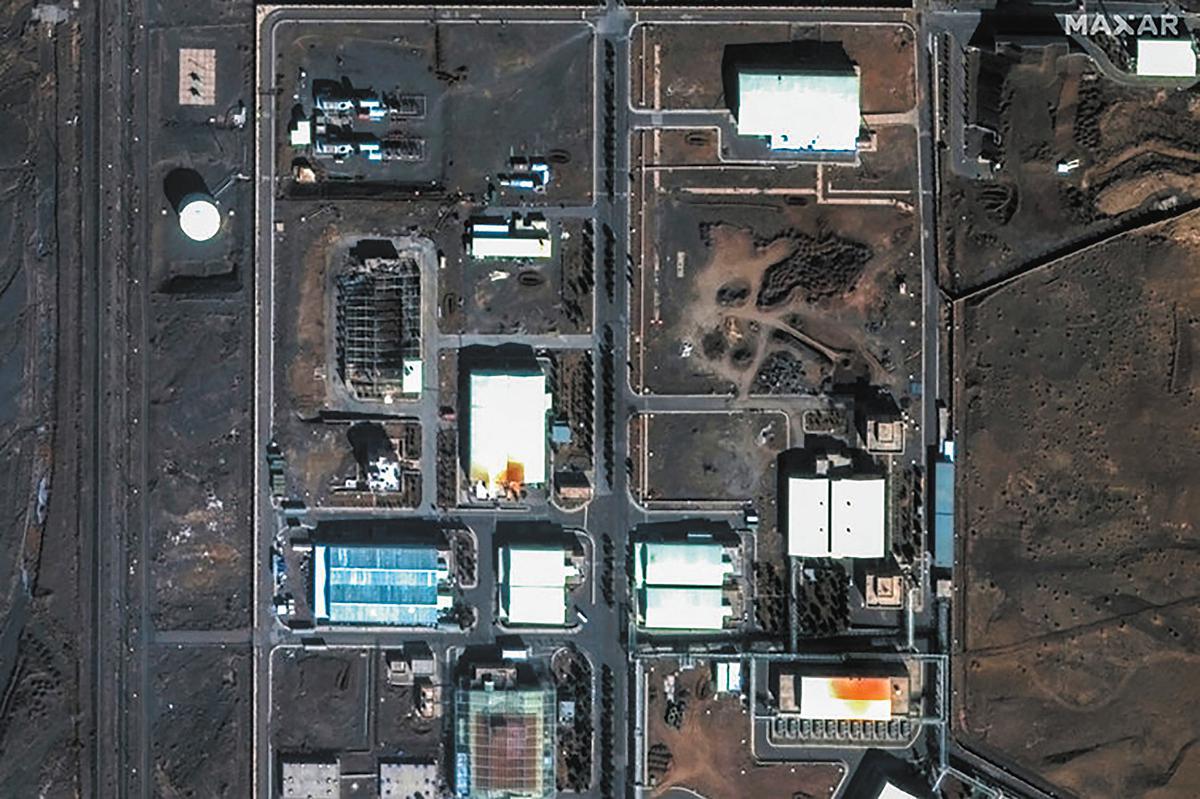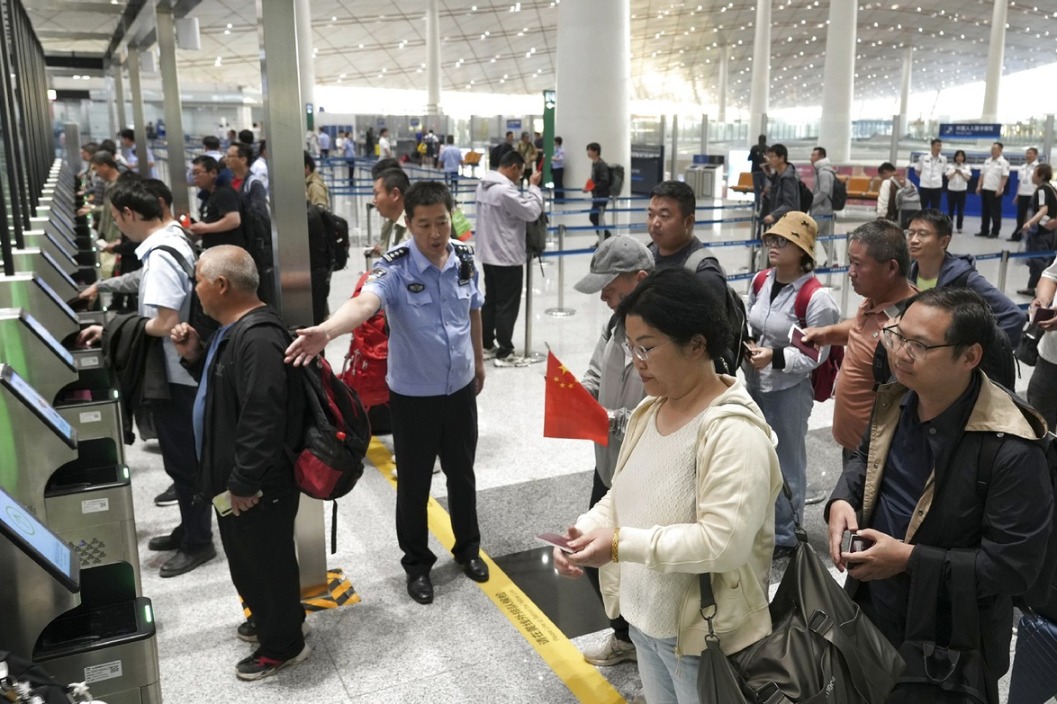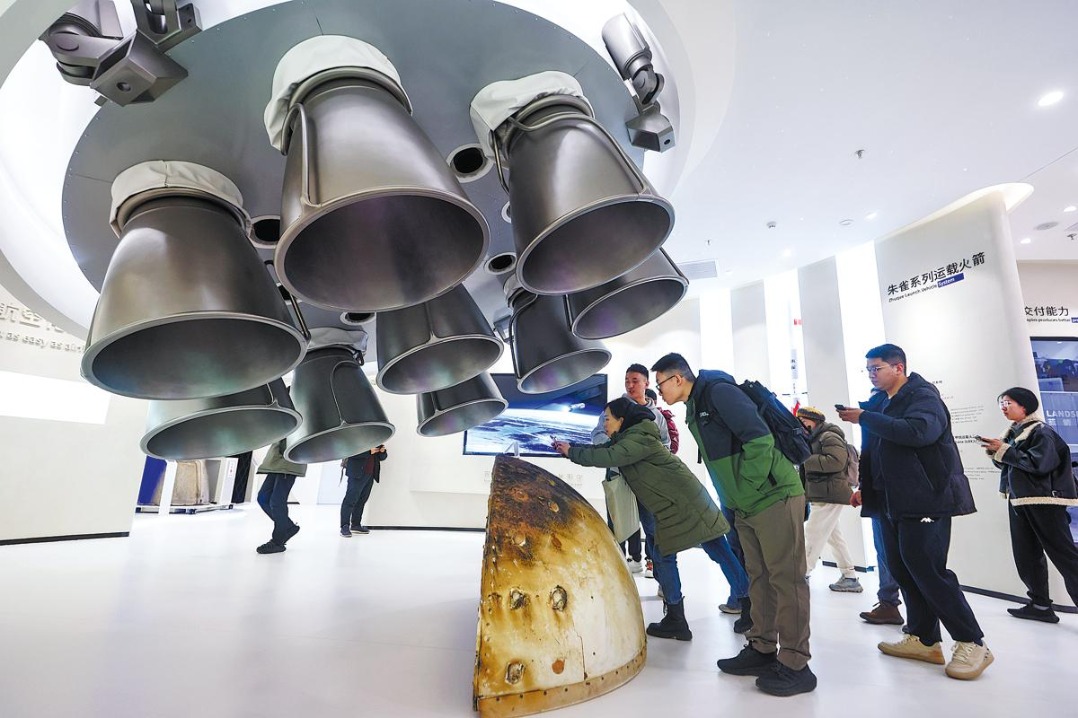Mideast tensions escalate as US attacks Iran's?nuclear sites






China has strongly condemned the United States' attacks on Iran and the bombing of nuclear facilities under the safeguards of the International Atomic Energy Agency, according to a statement released on Sunday by the Chinese Foreign Ministry.
The US attacked three sites in Iran early on Sunday, inserting itself into Israel's conflict with Iran aimed at destroying the latter's nuclear program.
The Atomic Energy Organization of Iran confirmed that the attacks took place at its Fordow, Natanz and Isfahan sites. Iran and the IAEA, the United Nations nuclear watchdog, said there were no immediate signs of radioactive contamination at the three locations.
The actions of the US seriously violated the purposes and principles of the UN Charter and international law, and have exacerbated tensions in the Middle East, the Foreign Ministry said.
China calls on the parties to the conflict, and Israel in particular, to reach a ceasefire as soon as possible, ensure the safety of civilians and start dialogue and negotiation, the statement said, adding that China stands ready to work with the international community to pool efforts and uphold justice, and work for restoring peace and stability in the Middle East.
In a national address at the White House after the attacks, US President Donald Trump said: "Our objective was the destruction of Iran's nuclear enrichment capacity and a stop to the nuclear threat. ... There's no military in the world that could have done what we did tonight."
He said that Iran's key nuclear sites have been "completely and fully obliterated".
Iran reportedly responded to the US attack by firing 40 missiles targeting multiple sites in Israel, in the latest escalation of hostilities between the two Middle East nations. Since June 13, Israel has conducted large-scale strikes on Iranian military and nuclear facilities. In retaliation, Iran launched multiple missile and drone attacks on targets in Israel.
Iranian President Masoud Pezeshkian condemned the US attacks, saying, "This aggression shows that the United States is the primary instigator of ... hostile actions against the Islamic Republic of Iran."
UN Secretary-General Antonio Guterres said he was "gravely alarmed" by the US' use of force. "There is a growing risk that this conflict could rapidly get out of control — with catastrophic consequences for civilians, the region and the world," he said in a statement.
Experts said the US attacks could trigger more uncertainty in the region and undermine global peace.
Jack Midgley, an adjunct associate professor at Georgetown University's Center for Security Studies in Washington, DC, said the US strikes will trigger more uncertainty in the region.
"Trump's speech after the US strikes on Iran set a triumphal and menacing tone that is both premature and unwise. The political and security-related consequences of these imprudent strikes will emerge over months and cannot easily be foreseen," he said.
Countries in the Middle East will now have to reevaluate their relationships with the US, he said. Far from creating regional stability, Trump's attacks on Iran are likely to foment global instability and risk, Midgley added.
Ding Jun, director of the Middle East Studies Institute at Shanghai International Studies University, said the US airstrikes alone are unlikely to compel Iran to back down.
"Iran is now targeting Israel, with the potential for direct attacks on US bases and other assets in this region. If that happens, the risk of the conflict escalating and spreading across the region would significantly rise," he said.
Ding said that Trump's approach to Iran risks dragging the US into another protracted conflict, an outcome that should serve as a rational and sobering warning, as some US lawmakers have already condemned his action as "unconstitutional".
Zhu Yongbiao, director of the Center for Afghanistan Studies at Lanzhou University in Gansu province, criticized the US for repeatedly resorting to military force to address regional issues.
"From Afghanistan and Iraq to Syria and Iran, the US has attempted to use military power to push for regime change and advance its own interests. But these interventions have brought suffering to local populations and undermined global peace," Zhu said.
Ding, from the Shanghai university institute, said that as tensions in the Middle East threaten to spiral further, the UN Security Council and the broader international community must urgently act to foster negotiations, end the violence and avert a wider regional crisis.



















